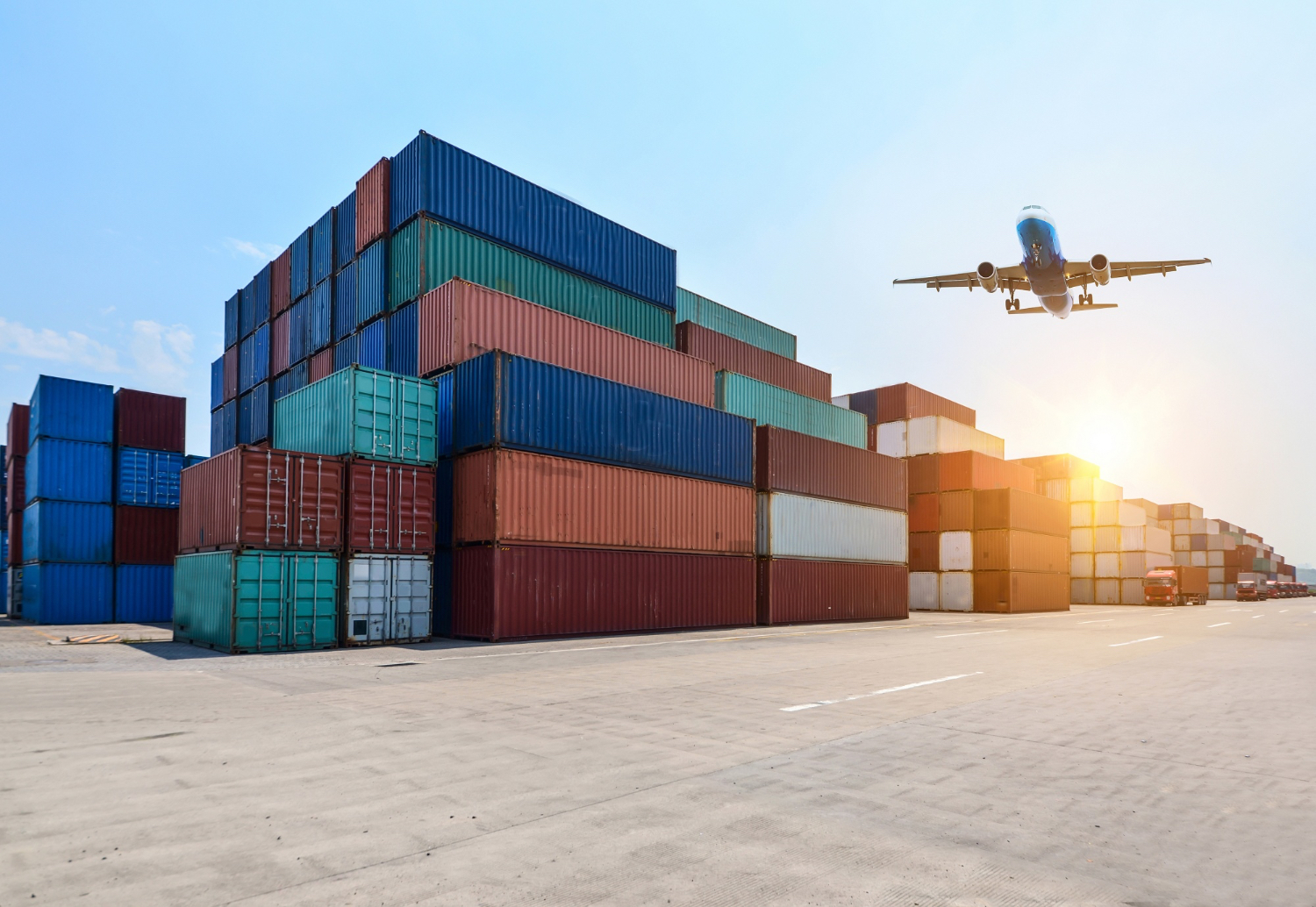Logistics is the lifeblood of any modern economy
By enabling the smooth flow of goods and services from point A to point B. At its core, logistics encompasses a complex web of processes, technologies, and strategies that optimize the movement, storage, and distribution of products. Whether it’s delivering essential medical supplies or ensuring supermarket shelves are stocked with fresh produce, logistics companies play a crucial role in meeting the ever-increasing demands of businesses and consumers alike.
Effective logistics begins with meticulous planning and coordination. From the moment an order is placed, logistics professionals meticulously organize transportation routes, select appropriate modes of transport (such as trucks, ships, or airplanes), and manage inventory levels to prevent shortages or overstocking. Advanced software and technologies aid in tracking shipments, optimizing routes, and managing warehouse operations, reducing costs and enhancing efficiency. Timeliness and accuracy are paramount in logistics, as businesses strive to meet customer expectations by ensuring products arrive at the right place, at the right time, and in the right condition.
In the dynamic world of logistics,
adaptability is key. Freight forwarding, customs clearance, and documentation management are critical components that ensure the seamless movement of goods across borders and through various regulatory frameworks. Logistics companies work closely with suppliers, manufacturers, and distributors to streamline supply chains, minimizing bottlenecks and reducing lead times. They leverage their expertise to navigate complexities such as international trade regulations, customs procedures, and transportation challenges to ensure the uninterrupted flow of goods.
Furthermore, logistics companies continuously optimize their operations by embracing innovative solutions. This includes utilizing data analytics to forecast demand, identify patterns, and make informed decisions, as well as implementing sustainable practices to reduce the environmental impact of transportation and warehousing activities. By embracing automation, robotics, and artificial intelligence, logistics providers can improve efficiency, accuracy, and safety in their operations.

